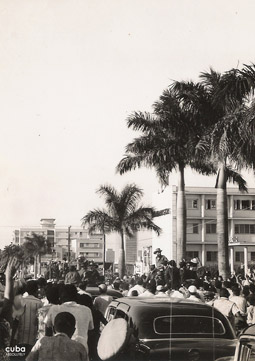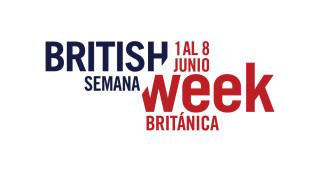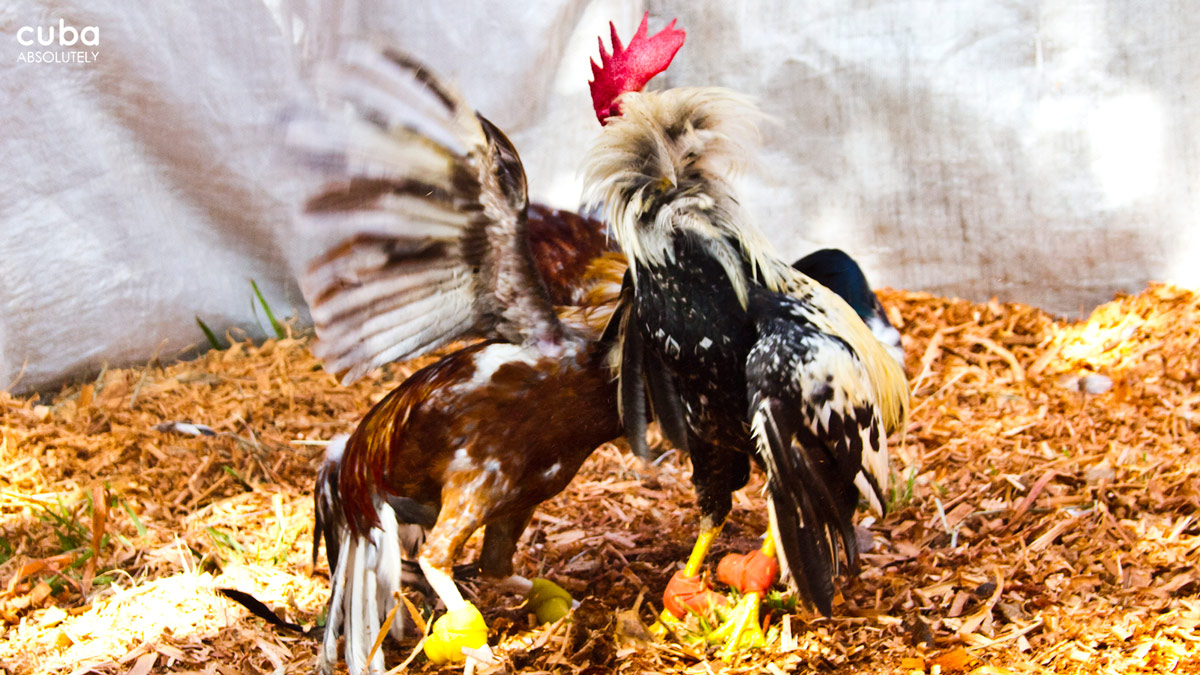New Year’s Day has a special meaning in Cuba since it was on this first day of 1959, Cuba was shaken by a much-awaited news—Fulgencio Batista, who had seized power through a military coup on March 10, 1952, had fled the country in the early hours of the morning, finally convinced that he was unable to resist the determination of the rebels commanded by the young lawyer Fidel Castro, who after becoming strong in the mountains of the province of the then province of Oriente, marched westward.
On November 20, 1958 Castro personally led the Battle of Guisa, which marked the beginning of the definitive revolutionary offensive. Columns from the second and third fronts of the Rebel Army were approaching Santiago de Cuba, the most important city in eastern Cuba. The armoured train that the government had sent to reinforce the defence in the belligerent regions was derailed by guerrilla forces led by Ernesto Che Guevara, who would take hold of the city of Santa Clara by the end of December. Around the same time, Camilo Cienfuegos would conquer the city of Yaguajay, also in the centre region of Cuba. The underground resistance movement in the cities had become more intense.
There were few Cuban families–from all social classes–who did not have a relative involved in the resistance against the dictatorial government. Thousands of young men had been tortured or killed, while others had been forced into permanent clandestinity, had gone to the mountains to fight or were in exile; hence, the outburst of collective joy with the news that Batista and his henchmen had taken flight.
I cannot remember any other demonstration of popular joy comparable to the one that took place on that morning (today, I still can’t recall if the day was cold or warm, but radiant it was for sure) in which all the shouting coming from the street, the shots fired into the air, the honking from cars, and the singing got me out of bed.
New Year’s Eve had been different, not to say strange. My parents and their friends had not seen in the New Year at a cabaret or nightclub as usual. Only my aunts, uncles, cousins and grandparents met at my house, where they dined quickly and half-heartedly, while the music that was coming out of the record player was only a pretext to muffle the conversation that was already taking place in whispers. The 12 grapes at midnight were eaten only at the children’s insistence, as we had little inkling—or no inkling at all—as to what was making the family, who was so fond of good food and fine wines, so serious and austere.
The rejoicing in the streets also woke up my parents a few minutes before the phone started ringing insistently. “The man has fled,” announced my father, hugging my grandfather. Amidst protests from the entire family, Dad took me with him out onto the street. Never before or since have I been hugged and kissed by so many strangers, who were laughing, crying, singing, running… Every now and then, somebody would make a speech that would be fervently applauded and that would end by singing the national hymn or the then little heard 26th of July March. The streets were suddenly filled with flags, posters and olive green uniforms that appeared in advance of the ones that would be left a few days later, on January 6, under the Christmas tree as a gift to many Cuban children. The times that followed would be magnificent or sad. There would be coincidences or antagonisms, successes and failures. But on that January 1, 1959 a new era in the national history had begun. Cuba was happy.
Victoria Alcalá writes about Cuban culture. She has won several prestigious writing awards.
















